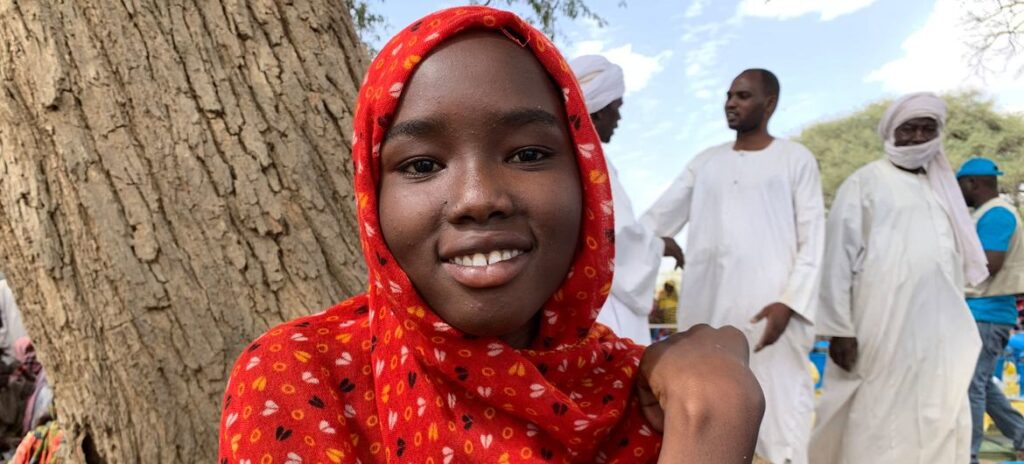
Sudan’s geographic location at the crossroads of Africa and the Middle East has contributed to its remarkable genetic diversity. Over centuries, the nation’s population has been shaped by a complex interplay of migrations, trade, and cultural exchange. This diversity is mirrored in the genetic makeup of its people, with a rich blend of African, Arab, and other ethnic influences.
Unraveling Human Origins: Genetic Insights from Sudan
Genetic studies in Sudan are shedding light on human origins and migration patterns. Researchers have found that certain genetic markers found in Sudanese populations connect them to early human migrations out of Africa. The study of these genetic markers not only uncovers historical migration routes but also provides a deeper understanding of how different populations have adapted to varying environments over time.
Medical Relevance: Genomic Discoveries and Health Implications
Beyond their historical significance, Sudanese genes are playing a pivotal role in medical research. The study of Sudan’s genetic diversity has the potential to uncover genetic factors linked to various diseases, responses to treatments, and overall health. These insights could contribute to personalized medicine approaches that tailor treatments to individual genetic profiles, revolutionizing healthcare in Sudan and beyond.
Preserving Diversity: Challenges and Opportunities
While Sudan’s genetic diversity is a treasure, it also presents challenges. Rapid urbanization, cultural shifts, and changes in lifestyle can lead to genetic homogenization, potentially erasing unique genetic markers. Preserving this diversity requires a delicate balance between embracing modernization and maintaining cultural and genetic heritage.
The Road Ahead: Collaboration and Ethical Considerations
The study of Sudan’s genes demands collaboration between geneticists, anthropologists, medical professionals, and policymakers. Ethical considerations are paramount, ensuring that genetic research respects the rights and dignity of the people involved and benefits the local communities.
As Sudan continues its journey into the 21st century, its genetic diversity stands as a testament to the nation’s rich history and its potential to contribute to global scientific advancement. From unraveling human origins to improving medical interventions, Sudan’s unique genetic makeup is indeed an untapped resource that holds promise for a brighter future.
